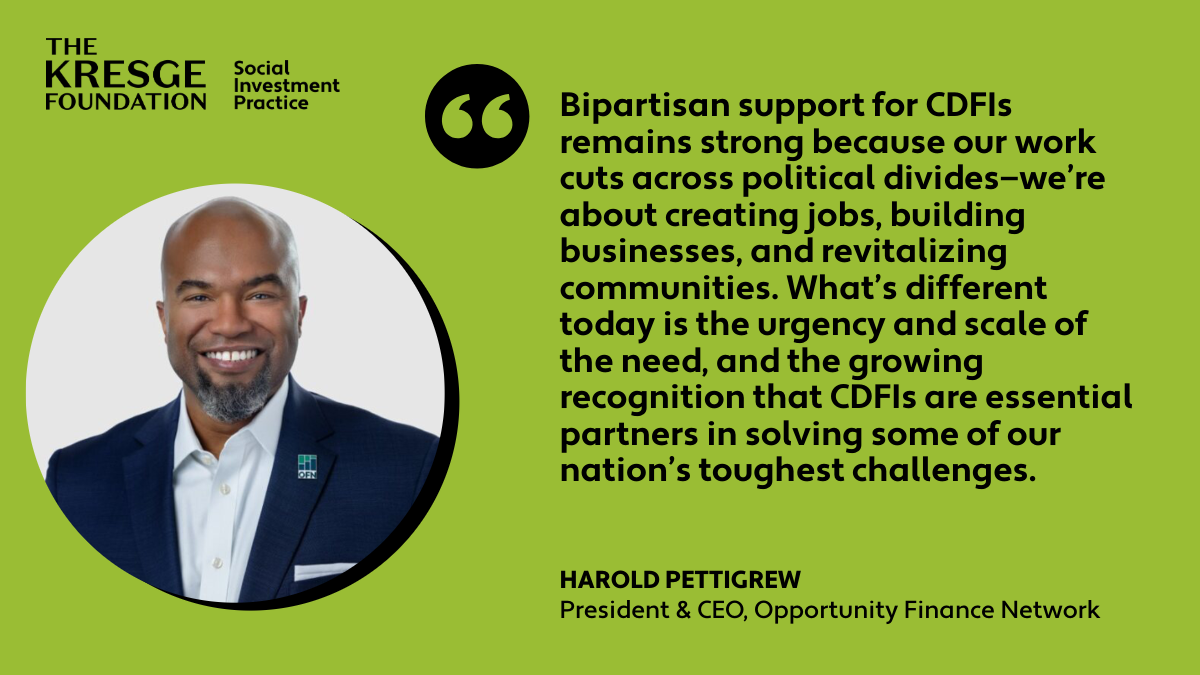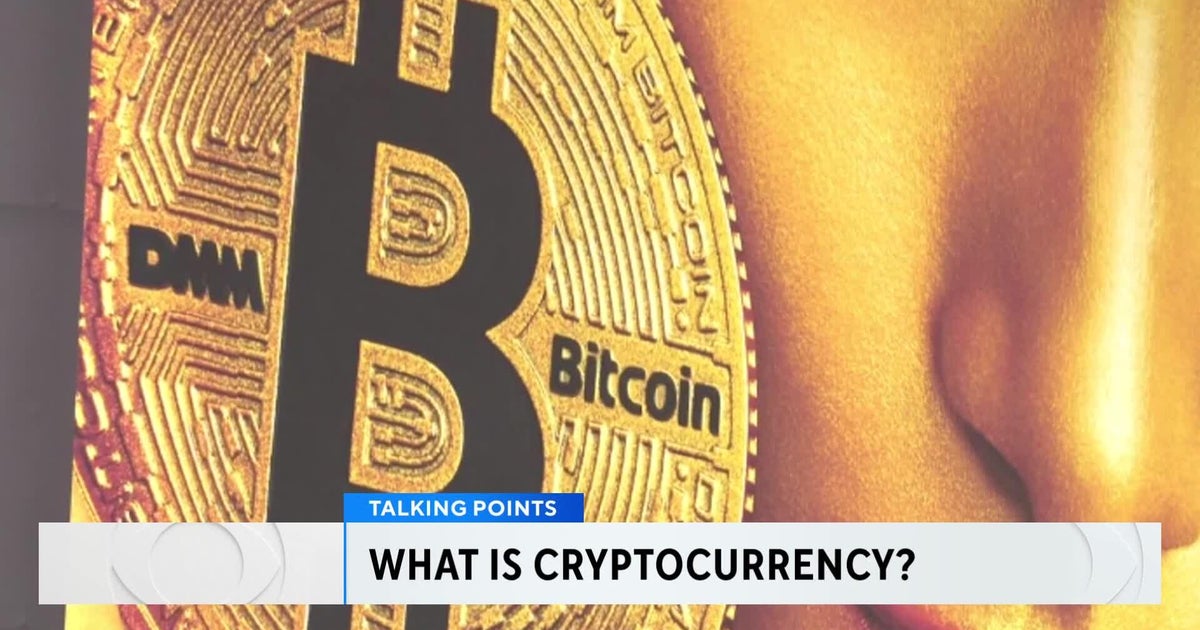Finance
Credit Score vs Credit Report: Know the difference for financial success

Credit scores and credit reports are among the most widely discussed subjects in the realm of finance and banking. Whenever you use a payment app or visit a bank or fintech’s website, they suggest checking your credit score and reading your credit report carefully.
So, what are these things, and are they really important? The answer is a definite ‘yes’! Your credit score, a three-digit number from 300 to 900, and your complete financial report in your credit report are indeed worth the attention they get.
What is a credit score?
Your credit score is your creditworthiness. Based on the calculation of your past credit history and financial information, your score gets calculated. The higher your score, the better your creditworthiness is and vice-versa and so does a loan borrower consider you for lending the loan you applied for. A score above 750 is mostly considered a good credit score and is accepted by most financial institutes to move forward with your loan. Your credit score is calculated by the authorized and licensed credit rating agencies and is based on the following five factors:
1. Payment history
2. Credit utilization
3. Length of credit history
4. Credit mix
5. Number of credit accounts recently opened
What is a credit report?
A credit report or Credit Information Report (CIR) is your detailed summary of credit information which results in your credit score. The information includes the number of credit cards you are using, the number of active loans in your name, overdraft facilities, the number of loans you have applied for, and even your loan repayment behaviour. The report consists of six sections including information regarding your
1. Credit score
2. Personal information like name, age, Permanent Account Number
3. Contact details like address, contact number, email IDs, etc.
4. Employment details
5. DPD, late payments and defaults (if any)
6. Credit account information
7. Credit inquiries information
Credit scores and credit reports are different
The names, credit scores, and credit reports themselves signify the difference between the two. While the score represents your financial standing, the report provides a detailed account of both positive and negative financial decisions you’ve made. Besides the detailed score and report, there are various other aspects in which they differ.
- Your credit score is the mirror of your creditworthiness considered by financial institutions, but it is the result that you can check regularly and work on improving. However, your credit report is viewed and studied by financial institutions before moving ahead with your credit application, even if you have a good credit score. The report helps the lender get a comprehensive account of your credit history.
- When you generate a credit score, your score might differ with changes in the credit rating agencies. One agency could say your credit score is 780 and another may say it is 810. This happens because of the different credit score calculation formulas used by different agencies which may be unknown to you. But when you generate a credit report, you get the complete details about each section and can report to the credit rating agency for any inaccurate information in your credit report.
- A credit report is mostly accessed and used by loan lenders to understand loan applicants and learn more about their credit behaviour. You can generate your credit report from a banking or credit rating company to learn about your opened or closed credit and factors affecting your credit score. However, your credit score is the mirror of your credit behaviour and is most helpful to keep track of it.
While an 18–20 page credit report shows your whole credit history, a credit score below 685 is difficult to justify in front of a lender. But checking your credit score regularly and working on it to improve is an easy task. A good credit score not only facilitates the smooth processing of your loan application but also has the potential to secure a lower interest rate on the loan amount. It is advisable to review your credit report every 6-7 months and monitor your credit score regularly to take appropriate steps to improve it.
Amarjeet Tiwari, Head of Technology & Analytics, MTL
Milestone Alert!Livemint tops charts as the fastest growing news website in the world 🌏 Click here to know more.
Download The Mint News App to get Daily Market Updates.
More
Less
Updated: 25 Nov 2023, 11:35 AM IST

Finance
Dividend Stability and Regional Strength: The Case for Truist Financial (TFC)

Truist Financial Corporation (NYSE:TFC) is included among the 11 Best Bank Dividend Stocks to Buy.
Photo by Annie Spratt on Unsplash
Truist Financial Corporation (NYSE:TFC) is a prominent American commercial bank with a strong footprint in the Southeast and Mid-Atlantic regions. Ranking among the top ten banks in the country, it enjoys a solid market position in high-growth states like Florida and Georgia. Recently, the bank has prioritized digital innovation and technology development to improve service delivery and remain competitive against fintech firms.
Regulatory compliance remains a key focus for Truist Financial Corporation (NYSE:TFC), as it operates under enhanced prudential standards and capital requirements as a Category III banking organization. Adhering to these standards is essential for sustaining its operations and long-term strategies. At the same time, Truist’s disciplined approach to capital management allows it to maintain financial stability while pursuing strategic growth opportunities, including potential mergers and acquisitions.
Truist Financial Corporation (NYSE:TFC) is also popular among investors because of its dividend policy. The company has been making regular payments to shareholders since 1997. Currently, it offers a quarterly dividend of $0.52 per share and has a dividend yield of 4.53%, as of September 24.
While we acknowledge the potential of TFC as an investment, we believe certain AI stocks offer greater upside potential and carry less downside risk. If you’re looking for an extremely undervalued AI stock that also stands to benefit significantly from Trump-era tariffs and the onshoring trend, see our free report on the best short-term AI stock.
EAD NEXT: 12 Best Stocks to Buy Now for Passive Income and 12 Best Retail Dividend Stocks to Buy Now
Disclosure: None.
Finance
Financing opportunity: Q&A with Harold Pettigrew on the future of the CDFI Sector – Kresge Foundation

As the community finance field enters a new era—shaped by economic uncertainty, shifting capital flows, and growing calls for accountability—how can CDFIs prepare for what’s ahead? The Kresge Foundation spoke with Harold Pettigrew, the president and CEO of the Opportunity Finance Network (OFN) to help answer that question. This article is part of a series highlighting the impact of CDFIs and how the sector is adapting to the current environment.
MD: CDFIs play a unique role in our financial ecosystem, often serving communities that mainstream banks overlook. Why are CDFIs so critical for advancing economic growth and creating opportunities in underserved communities?
HP: In every corner of America, CDFIs show that impact and financial performance aren’t at odds—they reinforce each other. We address market gaps and go where traditional capital doesn’t: listening first, solving for need, and providing capital to people and financing projects that strengthen families and communities. Whether it’s a small business on Main Street or a housing development in a rural town, CDFIs make investments that build wealth and create opportunities that reach people and communities that need it most.
MD: CDFIs seem to have broad support in Congress, even when some administrations have looked to reduce funding or support. Is bipartisan support materially different today? What role has OFN played in telling the CDFI story and maintaining that support?
HP: Bipartisan support for CDFIs remains strong because our work cuts across political divides — we’re about creating jobs, building businesses and revitalizing communities. What’s different today is the urgency and scale of the need, and the growing recognition that CDFIs are essential partners in solving some of our nation’s toughest challenges. OFN and CDFIs tell real stories of impact—stories of people across the country whose lives and livelihoods have changed thanks to the capital provided by CDFIs. Through advocacy, research, and direct engagement with policymakers, we’ve elevated a clear, consistent message: For over 30 years, CDFIs have delivered results addressing market gaps in providing access to capital to communities across the country.
MD: Beyond federal funding concerns, what are the current challenges and needs CDFIs are facing in their day-to-day efforts to support communities?
HP: CDFIs are navigating a complex economic environment— rising interest rates, tighter capital markets, and growing community needs are stretching our resources like never before. Many CDFIs are being asked to do more with less, while also investing in their own operations to scale effectively and sustainably. OFN is working to develop diverse pools of flexible capital, make deeper investments in talent and technology, and new policy frameworks that support and recognize the unique value CDFIs bring. The demand is clear — what’s needed now is bold investments to meet the moment and craft new solutions for the future.
MD: Philanthropies and community development departments of banks and insurance companies have always been crucial partners for CDFIs — how can they best support and invest in CDFIs right now?
HP: Our partners in philanthropy and financial services have been critical to the success of CDFIs, and now they have a critical opportunity to strengthen the CDFI industry for the future. That means moving beyond transactional grantmaking to long-term, trust-based partnerships. It means offering flexible, risk-tolerant capital that lets CDFIs innovate and expand, and it means investing in the infrastructure — people, systems, data — that helps us operate at scale.
MD: What keeps you optimistic about the future of the CDFI sector?
HP: What keeps me optimistic is the impact and commitment I see every day, from the entrepreneurs we finance, to the communities we serve, to the CDFI leaders innovating with courage and conviction. The sector is growing, diversifying and deepening its impact. We’re not just responding to the moment — we’re helping define the future of expanded access to finance and financial services. And with every new loan, every new partnership, every life changed, we’re proving that when we expand access to opportunity — we don’t just finance projects, we shape the future of communities across the country.
Harold Pettigrew is the President and CEO of Opportunity Finance Network (OFN)
Finance
Reimagining Finance: Derek Kudsee on Coda’s AI-Powered Future

Derek Kudsee is a veteran of the enterprise software industry, with senior leadership roles at industry giants such as SAP, Salesforce, and Microsoft under his belt. So, when he took the helm as the new Managing Director for Unit4 Financials by Coda, ERP Today sat down with Kudsee to discuss his vision for Coda, the promise of agentic AI to make work feel lighter for finance teams, and his mission to transform the classic system of record into a dynamic system of intelligence for the Office of the CFO.
What was it about the opportunity at Unit4, and specifically the challenge of modernizing Coda, that convinced you to take this role?
A rare combination of having a deeply trusted platform and a clear opportunity to reimagine the finance function drew me to Unit4, and specifically the Coda business. Some of the largest enterprise customers have been running on this platform for decades. I’ve been brought in to help these finance teams run more efficiently and provide greater insight through agent-driven automation. We live in a world where technology has converged in our consumer and professional lives. Therefore, modernization is not only about addressing complex systems, but also about enhancing the user experience. This combination of running a deeply trusted platform, reimagining its capabilities in an AI-driven world, and modernizing the user experience was attractive.
Unit4 Financials by Coda’s goal is to deliver an “AI-fueled office for the CFO” using agentic AI. How will a finance team using Coda experience this in their day-to-day work?
When one thinks of an AI-fueled Office of the CFO, it’s about having agents deep inside those finance processes that will suggest, explain, and act within guardrails that finance teams can set. The work should feel like the machine is performing tasks that were previously done manually or laboriously.
A simple example is in an accounts payable department. An agent can automate everything from invoice capture using AI-driven OCR, verify that the invoices are within policy, queue them for approval, send them to the respective individuals, and flag exceptions along the way. Users can see how the work feels lighter because the machine handles everything from capture to the final stage, including payment release.
How do the AI functionalities offered by Coda differ from what competitors are offering right now?
Many vendors today have a finance module. However, we aim to be the best standalone financial management system, not a generic suite. We’re not trying to be finance because we want to sell an HR or CRM system. That means we need to embed intelligence deeply within the finance processes so that the software acts, takes action, and performs activities for the finance function. For that, the agentic AI needs to operate with autonomy, understand financial context, and learn from user behavior.
Moreover, fundamentally, Coda has always been built on a unified financial model. We’ve never had Accounts Payable separate from Accounts Receivable that needed to be consolidated. Our AI works on clean, structured data from day one, and that’s the foundation for accuracy. We don’t need to chase hype to incorporate AI. We’re going to redefine the finance function with AI at its core.
How do you plan to balance the introduction of these cutting-edge innovations without disrupting the core stability that Coda is known for?
The safest way to modernize finance is to add certainty around the core, rather than disrupting it. Our core is why customers have been running Coda for 20-30 years. Thus, stability is not a nice-to-have; it’s non-negotiable. Our customers run mission-critical processes, and that trust is sacred to us. Therefore, every innovation we deliver, whether it’s UX modernization or AI, will be built on one simple principle: if it compromises stability, we don’t build it. We don’t ship it.
With that rock-solid foundation in place, we can layer intelligence and usability on top. While some software providers are still determining the stability of their platform, we can offer customers the best of both worlds. They’ll have the reliability they’ve counted on for decades, and now we bring them the innovation they need to stay ahead.
What This Means for ERP Insiders
Your biggest enemy is decision latency. According to Kudsee, the primary challenge for modern finance is the gap between a business event occurring and the ability to respond intelligently. This decision latency, caused by fragmented data, batch processes, and manual workarounds that are standard in traditional ERP environments, prevents finance from being a proactive and strategic partner. Coda’s goal is to shrink that gap from weeks or days to near-real-time.
Shift the ERP mindset from system of record to system of intelligence. For decades, the primary function of ERP finance modules has been to record transactions accurately. This is no longer sufficient, as Kudsee notes. A modern financial platform must function as a system of intelligence that not only records data but also analyzes, predicts, and automates actions within core financial processes, effectively acting as the intelligent brain of the CFO’s office.
Prioritize financial depth over suite breadth. Kudsee suggests that the single ERP for everything strategy can result in a finance module that is a jack-of-all-trades but master of none. The alternative approach is to prioritize depth and best-in-class functionality for the critical finance function. Instead of settling for the generic finance module within a larger suite, consider how a dedicated platform like Unit4 Financials for Coda, focused on deep financial control, insight, and automation, can deliver more agility and tackle core challenges, such as decision latency, more effectively.


















